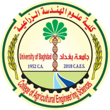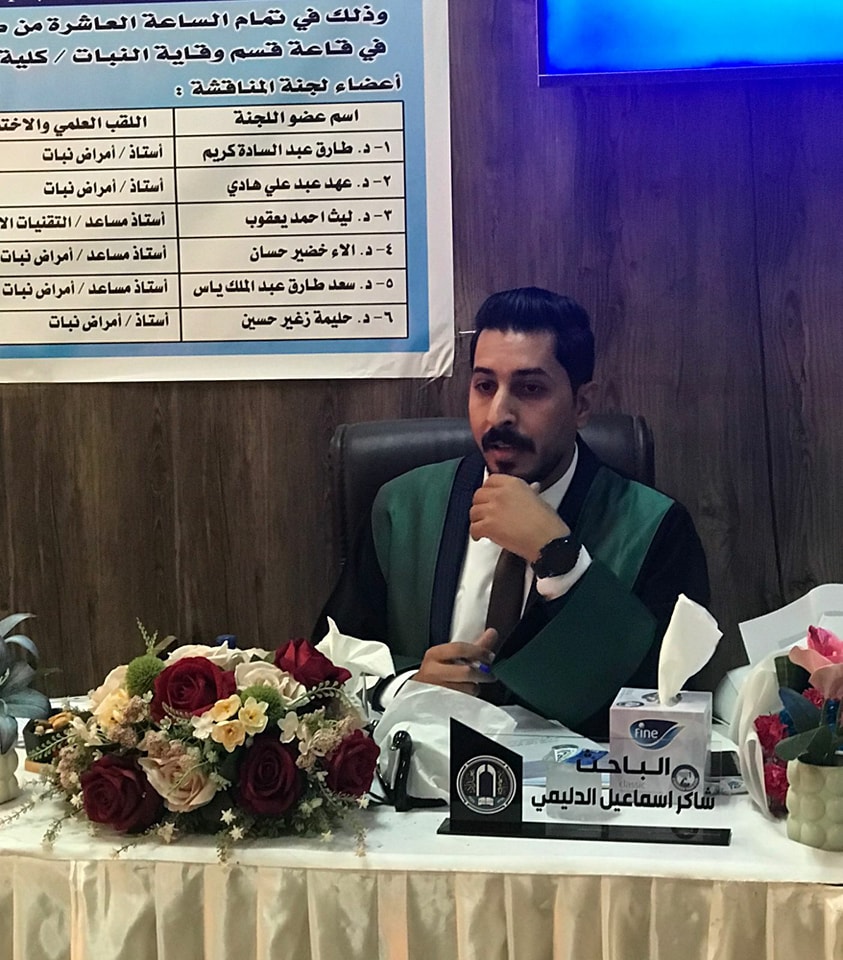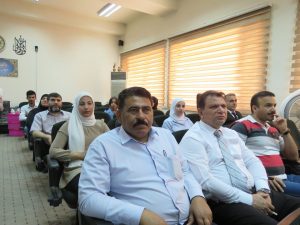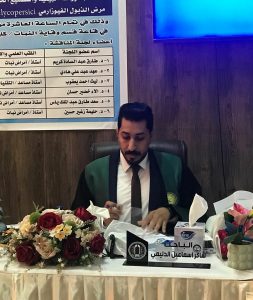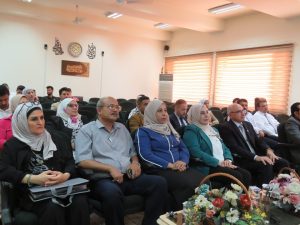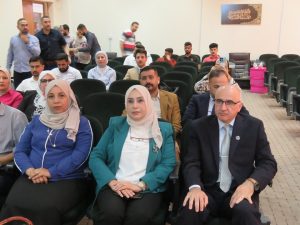At the College of Agricultural Engineering Sciences, University of Baghdad, the doctoral dissertation titled “Using Intercropping and Biomanufacturing of Nanoparticles in Controlling the Causal Agent of Fusarium Wilt in Tomatoes” was defended by the student Shakir Ismail Eid from the Plant Protection Department.
The study aimed to investigate the pathological anatomy of the tissue sections of the roots and stems of tomato plants infected with Fusarium wilt disease, as well as to identify the pathological characteristics of the tissues of tomato plants infected with Fusarium oxysporum f. sp. lycopersici (Fol) by providing descriptions of the pathogen distribution in various plant tissues and evaluating the efficiency of intercropping garlic plants with tomatoes and their root exudates in controlling the causal agent of Fusarium wilt disease.
The researcher recommended focusing on the use of biologically synthesized nanoparticles against plant pathogens to enhance agriculture, as well as conducting further investigations to explore the toxic effects of the nanoparticles on plants and their uptake by plants as micronutrients.
Congratulations to the researcher on this success.
